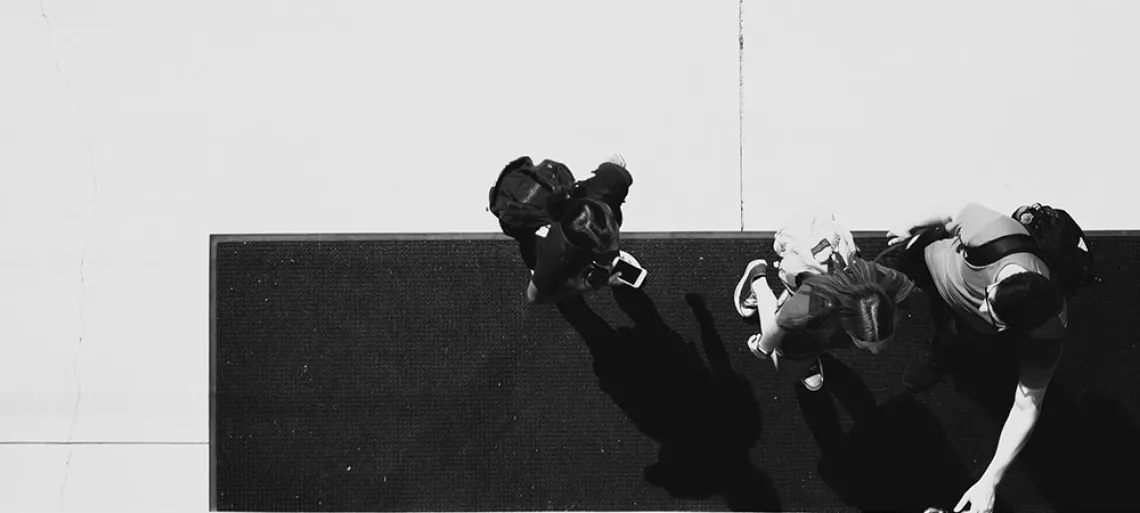Is trust your choice, or does your brain decide for you?
April 24, 2014 – Let’s say in 14 years your accountant has never steered you wrong. Then you realize he made a costly mistake on your last tax return. Do you go back to him this year or ask around for someone new? Chances are, he’ll be sorting your receip

TUCSON, Ariz. – April 24, 2014 – Let’s say in 14 years your accountant has never steered you wrong. Then you realize he made a costly mistake on your last tax return. Do you go back to him this year or ask around for someone new? Chances are, he’ll be sorting your receipts once more, according to research by Martin Reimann of the University of Arizona’s Eller College of Management.
The critical variable in two studies conducted by Reimann and colleagues Oliver Schilke of UCLA and Karen Cook of Stanford University was experience: When we have limited experience with people and they let us down early on, we’re a lot less likely to forgive that breach than if we’d had a history of good relations.
The researchers pierced that veil by way of a simple but clever study. First, they explained that everyone had an anonymous partner. Participants would start with a virtual $8 that they could keep for themselves or give to their partners through the study’s computer network. If they handed it over, that $8 became $24, which their partners could then keep or split so that each had $12. The fun continued in rounds until facilitators called time.
Here’s the catch: That so-called partner was actually just a few lines of computer code written to keep the $24 at some point — essentially a betrayal of the sharing behavior — sometimes early on, sometimes later in the game.
You might think that people would uniformly mistrust once they lost their $8, or that there would be no pattern to behaviors. You might think forgiveness is mostly a function of personality, past experience, and whether or not someone is having a bad hair day.
In fact, a clear pattern did emerge: People were significantly more likely to hold onto their $8 when the computer betrayed them early on. If that breach happened later in the game, they were more likely to hand over the $8 and give their partners another chance.
What explains that pattern? It turns out those breaches fired up different parts of the brain. With new participants wired for fMRI scans while they played, the researchers saw that when computers broke faith early on, the games slowed while the area of the brain linked to learning and problem-solving got busy, as did the part that fields uncertainty.
In contrast, when the computer double-crossed someone late in the game, the part of the brain that predictably but efficiently makes decisions out of habit went to work — presumably to stamp those breaches “Anomalous: Disregard” and keep things moving.
The studies make inroads into a relatively unexplored area of knowledge, Reimann said, paving the way for better understanding the process of trust recovery. It also poses significant questions for further research.
“These findings have clear implications for people working together, whether within a company or in a client-vendor relationship,” Reimann said, “but are the same neurological systems activated in relationships with material objects or brands? If you got your first lemon from a car company you’ve been loyal to for years, would we see the same kind of activities in your brain?”
Findings from Reimann’s study were published last August in the article "Effect of Relationship Experience on Trust Recovery Following a Breach” in the journal Proceedings of the National Academy of Sciences.

